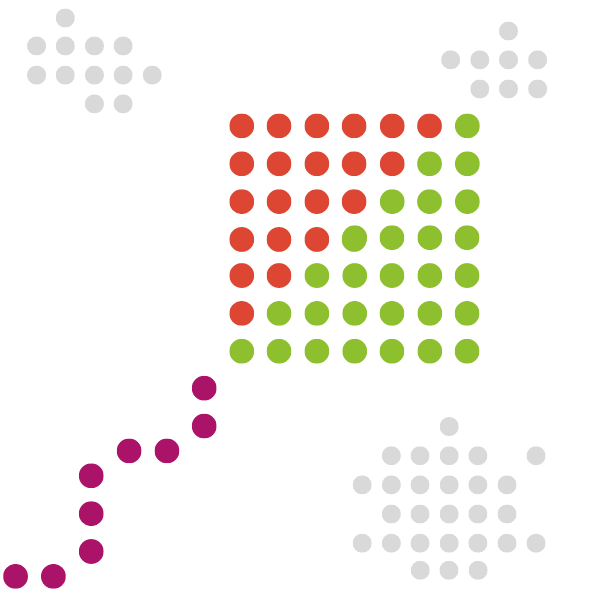Infrastructure Institute
The Infrastructure Institute at the School of Cities, University of Toronto is a training, advisory, and interdisciplinary research hub aiming to build local and global expertise in integrated planning for civil and social infrastructure, decision-making, and project delivery. Led by Professor Matti Siemiatycki, the Infrastructure Institute seeks to refine collaboration between public, private and the not-for-profit sectors, and become Canada’s hub for infrastructure training and interdisciplinary knowledge.


Institute on Municipal Finance & Governance
IMFG focuses on the fiscal health and governance challenges facing large cities and city-regions. The Institute’s mandate is to conduct independent research, spark and inform public debate, and to engage the academic and policy communities around important issues of municipal finance and governance. In Canada and abroad, cities are central to the economic prosperity and social vitality of countries. To create the conditions for economic competitiveness and offer a high quality of life that will attract and retain residents and businesses, cities need to build and maintain infrastructure, and deliver a wide range of services.
Urban Data Centre
The mission of the Urban Data Centre (UDC) is to enhance the design, planning and operations of cities by expanding the opportunities presented by data, and to address the challenges inherent in data. To achieve this mission, the Centre is pursuing the development of a Canadian Urban Data Repository, standards for the representation of urban data, tools for the management of urban data, tools to support the analysis and interpretation of urban data, and a national Urban Data Network.


Mobility Network
Mobility Network is a network of mobility researchers from across University of Toronto, committed to seeing that in this “First Urban Century,” mobility must enable all people to achieve their potential while protecting our planet.
Creative Communities Commons
The CCC exists to provide a node of open participation and the free exchange of intellectual resources and expertise among academia, the arts sector, community leaders, civil society, the private sector, and the public sector.



